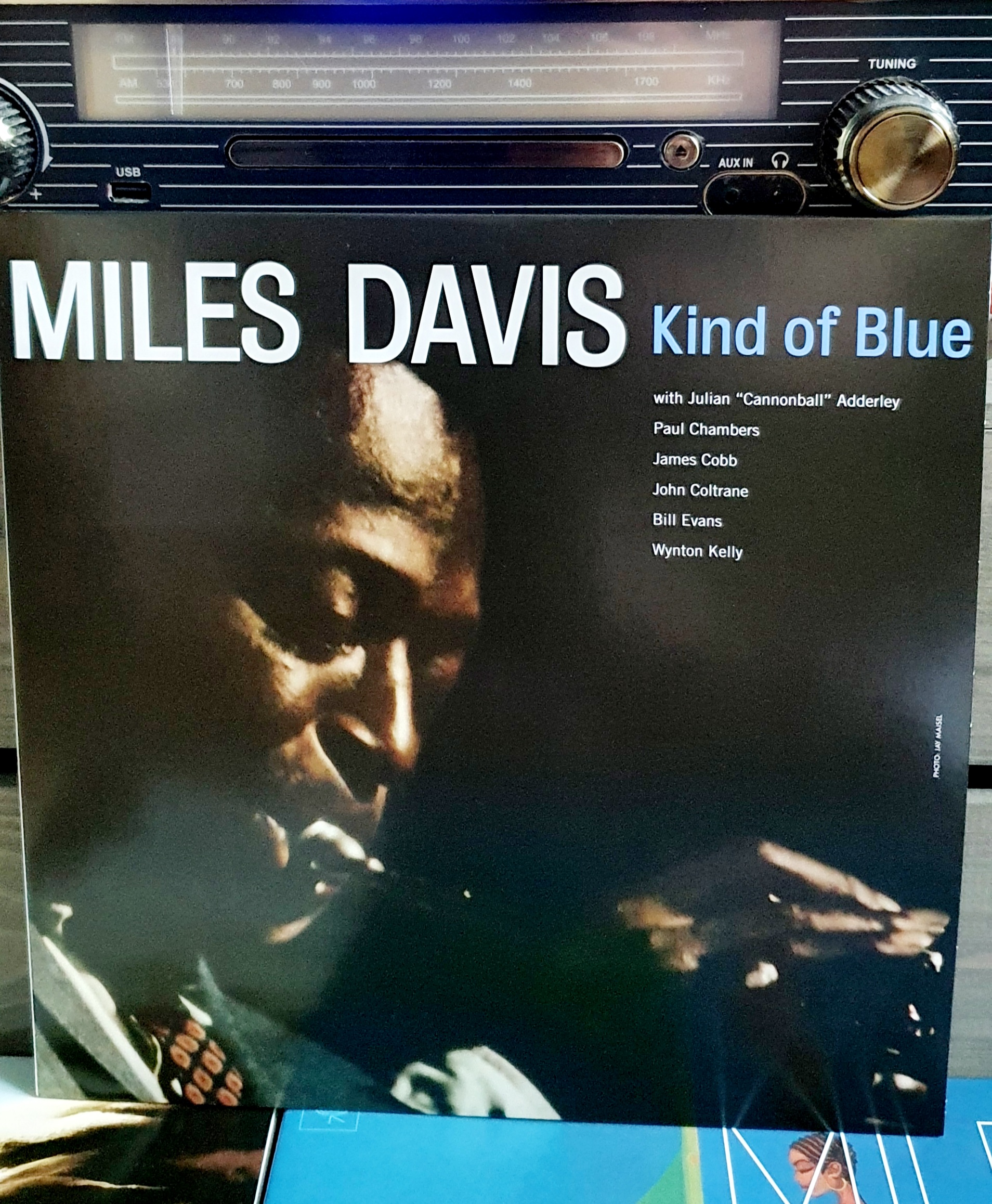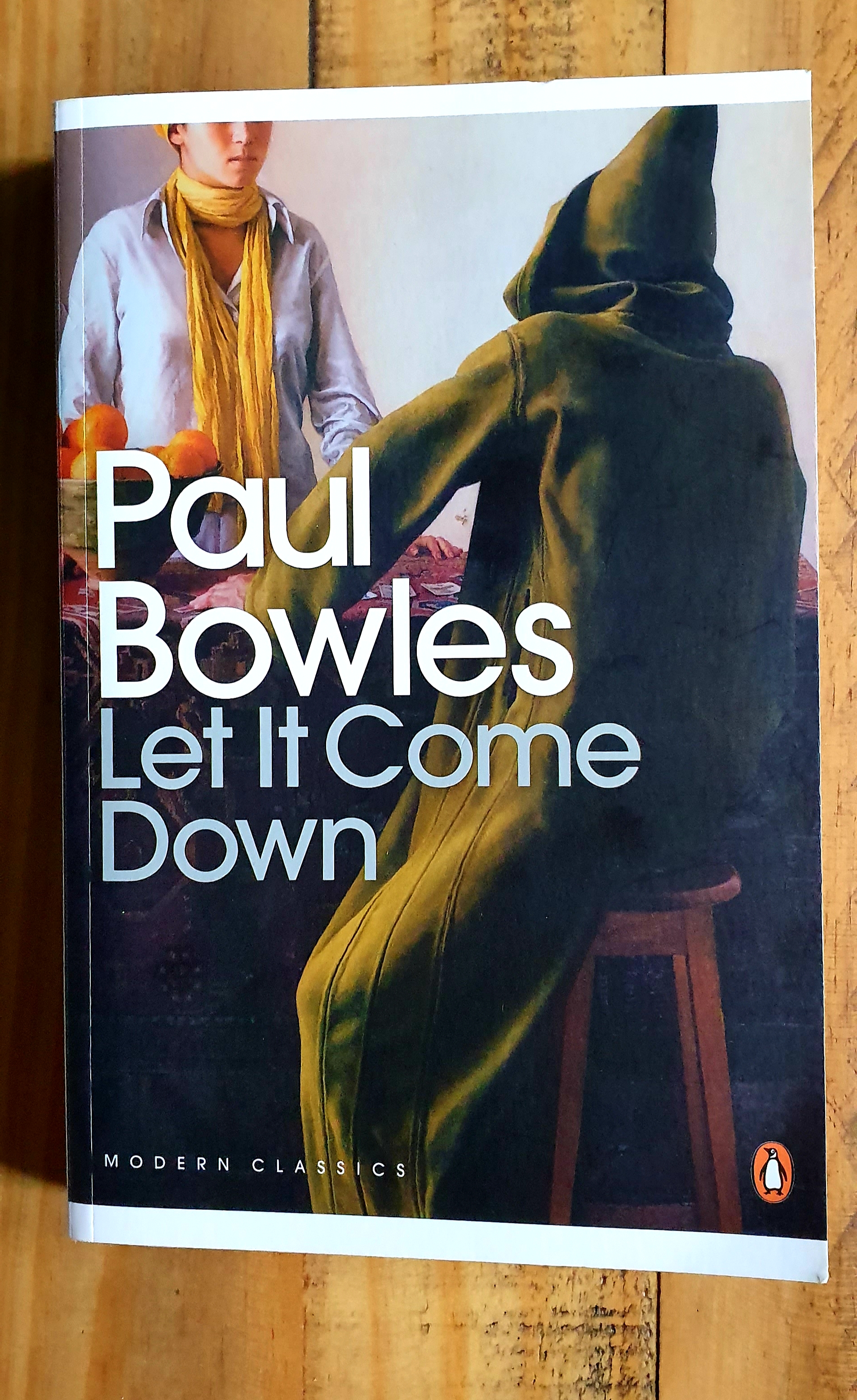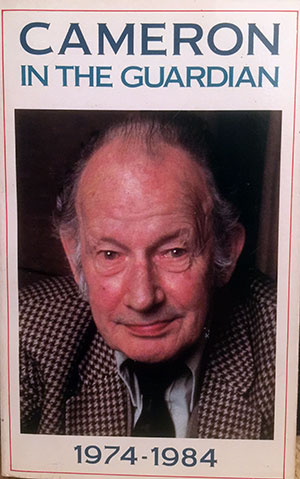The 1968 debates between Gore Vidal and William F. Buckley Jnr….
 1968 was a momentous year for many reasons, politically it was a deeply charged time across America and Europe with protests against the establishment reaching serious, sometimes deadly heights. By the summer both Bobby Kennedy and Martin Luther King were dead and the war in Vietnam raged on. It was also the time for the American Democratic and Republican Party conventions and from that came a landmark event in twentieth century television history.
1968 was a momentous year for many reasons, politically it was a deeply charged time across America and Europe with protests against the establishment reaching serious, sometimes deadly heights. By the summer both Bobby Kennedy and Martin Luther King were dead and the war in Vietnam raged on. It was also the time for the American Democratic and Republican Party conventions and from that came a landmark event in twentieth century television history.
The ABC network was struggling against its rivals, its programming and content drew widespread derision, its news anchors were no match for the Walter Cronkite’s of the day and they were desperate to be taken more seriously. Unlike today there was little choice for the viewer, news channels now cater for defined political persuasions, openly hostile to those on the opposing side of the argument allowing the viewer to remain cossetted within their own chosen bubble, free from fear of alternative views. But in 1968 ABC brought two men, as politically and morally wide apart as was possible to get together to debate American politics during the week of the conferences.
 Gore Vidal and William F. Buckley Jnr were two of America’s greatest intellects, Buckley was a deeply religious Conservative with a capital C whilst Vidal was a committed liberal-leftist and crucially, to this debate, a homosexual.
Gore Vidal and William F. Buckley Jnr were two of America’s greatest intellects, Buckley was a deeply religious Conservative with a capital C whilst Vidal was a committed liberal-leftist and crucially, to this debate, a homosexual.
Buckley (1925-2008) was the founder of the Conservative magazine National Review, which, by 1968 had been in circulation for thirteen years proving to be both influential and divisive in equal measure, two years earlier Buckley had begun his television show Firing Line which he would host single-handedly until 1999, a record for a public affairs programme hosted by a single person. In the show Buckley debated anyone and everyone from the left, his unique transatlantic speak coupled with his considerable intellect and persona made him a force to be reckoned with and a leading voice in the new Conservative movement in America.
Gore Vidal (1925-2012) was born and raised in the American political system, twice entering and failing for political office he was a remarkable author, essayist, playwright, actor and public intellectual who was adored by the left and chat show hosts alike for his withering views on America and its role in global affairs. He chose the military over university and would spend a lifetime educating anyone who would listen about America’s military and social history and its effects on the country in the present day. He had a remarkable mind and was the one man Buckley was said to have been keen to avoid debating.
 When the two eventually came together it was Vidal who drew first blood, he had done his research on Buckley and his writings in National Review, Buckley, fresh from a sailing trip would quickly realise the error of his ways and prepared himself for the following evenings. It is hard to overstate how much they despised each other, long before ABC contracted them and how, post ’68, those feelings would endure to their deaths. In truth, that hatred would often impair their dueling, it became personal, point-scoring of the highest intellectual order until Buckley fell on his sword, trapped by a Vidal accusation of being a ‘crypto-Nazi’. Buckley’s response was jaw-dropping:
When the two eventually came together it was Vidal who drew first blood, he had done his research on Buckley and his writings in National Review, Buckley, fresh from a sailing trip would quickly realise the error of his ways and prepared himself for the following evenings. It is hard to overstate how much they despised each other, long before ABC contracted them and how, post ’68, those feelings would endure to their deaths. In truth, that hatred would often impair their dueling, it became personal, point-scoring of the highest intellectual order until Buckley fell on his sword, trapped by a Vidal accusation of being a ‘crypto-Nazi’. Buckley’s response was jaw-dropping:
“Now listen, you queer. Stop calling me a crypto-Nazi or I’ll sock you in your goddamn face and you’ll stay plastered.”
In that moment Buckley knew he was beaten, it was a traded punch too many and stayed with him until his death. He wrote a lengthy piece on that moment in Esquire but the damage was done. So often in anger, as with drink, one can find what a person truly thinks and Buckley’s anger, quite rightly at Vidal’s slur brought out the worst in him. I have read and listened to many of Buckley’s words over the years, he had a brilliant mind regardless of one’s political leanings but I often felt he spoke with one fist half closed, just in case….
Here is the late Christopher Hitchens, a man who knew them both well with his take on the feud:
Categories: 1968-A Review






